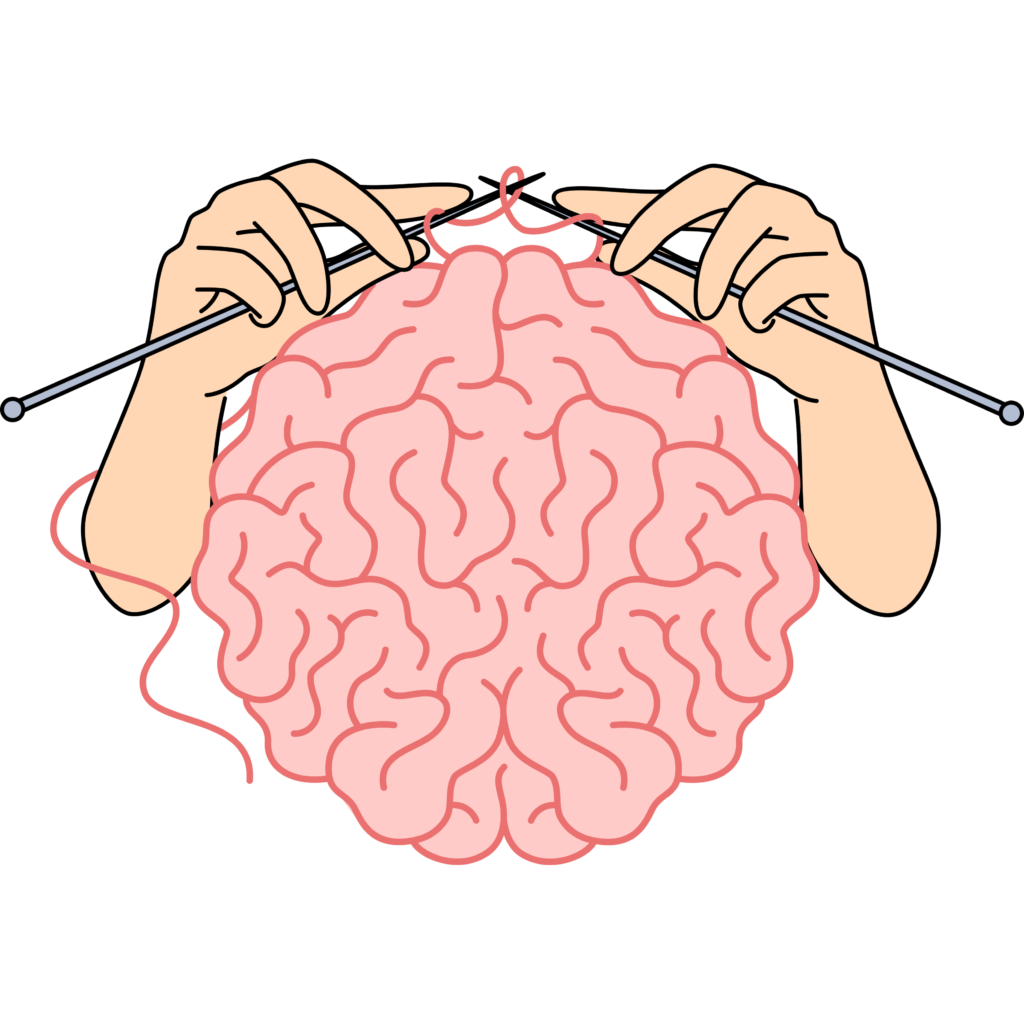
Managing burn-out
Because once you’ve been diagnosed, you need follow-up care to lay the foundations for a new sense of well-being and avoid a relapse.
My support
After several decades in the world of finance, I followed specific training to help manage burn-out. Deeply convinced that everyone is capable of coping by taking the time to get back to basics, I have created a tailor-made coaching program to meet all your needs.
managing burn-out
Analyze how you got there
This step is essential, because when the doctor puts you on sick leave, it very often follows months or even years of burning all the traffic lights and ignoring signals sent by your body.

Regain your Energy
Become aware of what you need. We all have physiological as well as psychological needs. All too often, these needs are put on the back burner in the face of major professional deadlines. Unfortunately, crisis management becomes a habit.
Tame your emotions
Your upbringing has often taught you to put emotions on the back burner. In the business context in particular, emotions are not welcome. And yet… they give us valuable information!


Managing the difficult personalities around you
When we bring to light the positive intention that drives the other person, a path of encounter is possible, and a more fertile collaboration can blossom.
Learning to say no
What often prevents us from taking a stand are our fears (fear of disappointment, of being fired, of incurring the wrath of our boss…). Shedding light on what’s at stake helps us to position ourselves clearly and positively.


Regaining work-life balance
Using the Wheel of Life, a tool I’m very fond of, take the time to understand your needs and your vision. One goal: to find (again) your own life balance.
In a word: Find yourself
Life can sometimes feel like you’re being put through the wringer.
As you constantly strive to meet urgent professional targets, you forget what’s important: YOU.

managing burn-out
- A warm, straightforward welcome and a sympathetic ear: This is essential if you’re to be able to put your issues on the table in complete confidence, and to give you the desire to move forward.
- Ethical support from a professional: When I became a coach, I was driven by the desire to do quality work. To achieve this, I have followed renowned training courses that have led to certification, I continue to train regularly and I am supervised.
- Sometimes confrontation: Coaching sometimes means confrontation, to help the coachee become aware of certain beliefs that are blocking him or her, for example. As far as I’m concerned, when I do this, it’s always with the strictest respect for the person concerned. I confront the problem, not the person.
- And last but not least, a roadmap to your goals: Setting a goal is the very essence of coaching. It’s so simple and so effective: define your goals and then see how you get there! I’m convinced of the effectiveness of this type of approach and, as such, I myself get coached on issues that I haven’t resolved!
Testimonials
Managing burn-out
After facing a burn-out, I made the courageous decision to seek professional help to overcome this difficult period. That's when Sophie came into my life, and I'm extremely grateful for her kind guidance. Sophie welcomed me with warmth and empathy, offering a wealth of resources and valuable advice. Each session with her is a unique experience, perfectly structured and rich in learning. Thanks to her support, I came away from each appointment feeling calm and determined, ready to face the challenges of everyday life with a renewed sense of purpose. I highly recommend Sophie to anyone looking for a competent, caring professional to guide them along the path to recovery.

